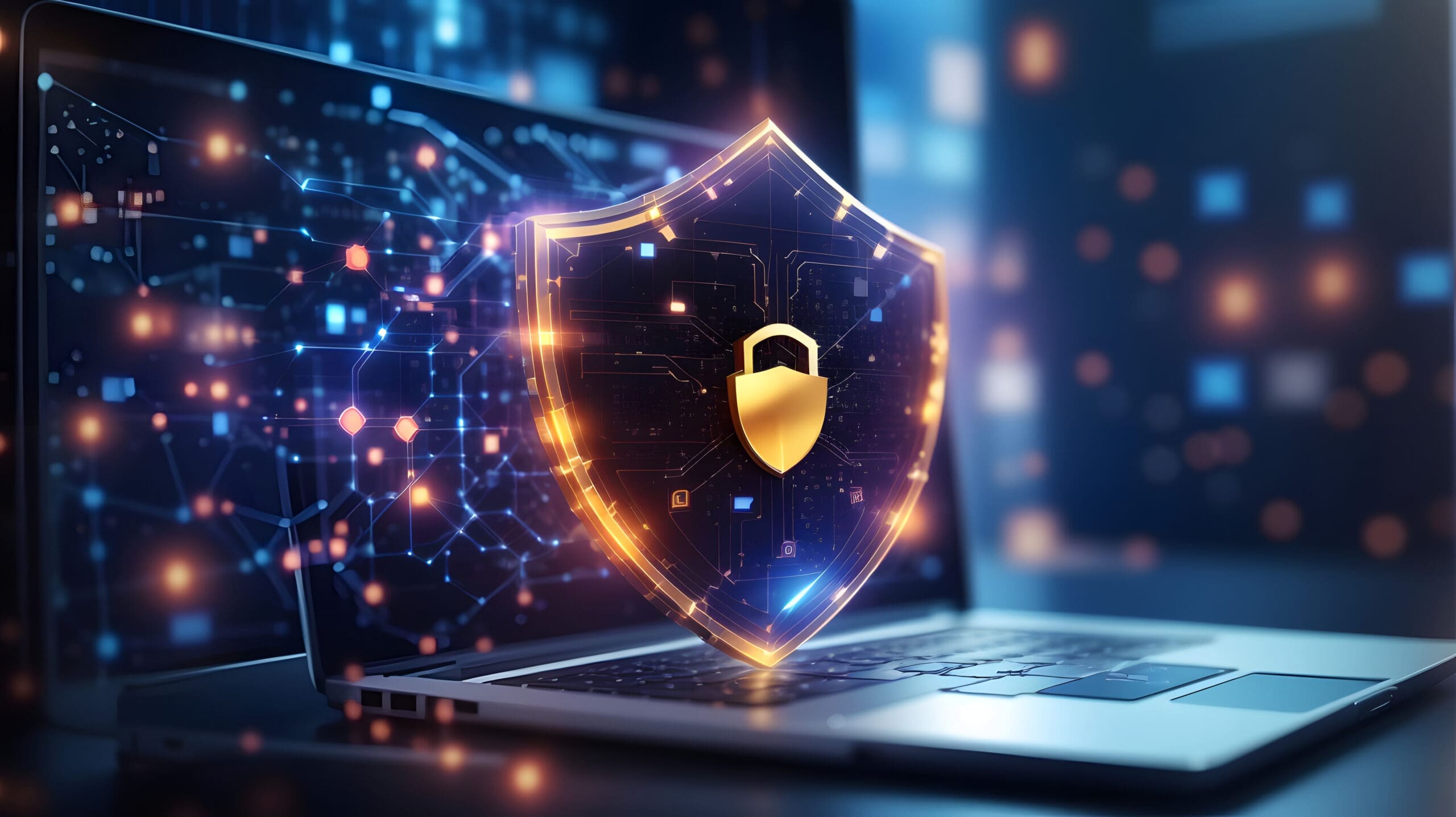Top 10 Cybersecurity Tips to Protect Your Small Business in 2024
Top 10 Cybersecurity Tips to Protect Your Small Business in 2024

In today’s digital world, small businesses face significant cybersecurity threats. Protecting your business doesn’t have to be complicated. Here are ten simple and effective cybersecurity solutions:
1. Secure Email Providers
Using encrypted email services ensures your emails are private and protected from hackers. Providers like Proton Mail, Gmail with advanced settings, or Zoho Mail offer strong encryption features. These services use end-to-end encryption, ensuring that only you and your intended recipient can read the emails. Additionally, consider using services that offer spam and phishing filters to further protect your inbox from malicious attacks.
2. Virtual Private Networks (VPNs)
A VPN secures your internet connection, keeping your data safe when you’re online. Options like NordVPN, ExpressVPN, or CyberGhost provide robust security features. VPNs encrypt your internet traffic, making it difficult for hackers to intercept your data. This is especially important when using public Wi-Fi networks, as they are often unsecured and vulnerable to attacks. Ensure your VPN provider has a no-logs policy to protect your privacy.
3. Cloud Storage
Using encrypted cloud storage solutions helps keep your important files safe from cyber threats. Services like Google Drive, Dropbox with encryption, or OneDrive offer secure storage options. Encrypting your data before uploading it to the cloud adds an extra layer of protection. Additionally, choose cloud storage providers that offer strong access controls and two-factor authentication to prevent unauthorized access to your files.
4. Team Collaboration Tools
Secure collaboration tools offer encrypted messaging and file sharing, protecting your communication within the team. Examples include Microsoft Teams, Slack with encryption, and Wire. These tools not only enhance productivity but also ensure that sensitive business information is shared securely. Look for features like end-to-end encryption and secure file storage to keep your data protected.
5. Messaging Apps
Apps like Signal, WhatsApp with end-to-end encryption, and Threema provide secure, encrypted messaging to protect your private conversations. These apps use advanced encryption protocols to ensure that only you and the recipient can read the messages. Additionally, they often include features like self-destructing messages and secure backups to further enhance security.
6. Password Managers
Using a password manager helps you create and store strong, unique passwords, reducing the risk of hackers gaining access to your accounts. Popular options include LastPass, 1Password, and Dashlane. Password managers generate complex passwords that are difficult to crack and store them securely. They also offer features like password auditing, which helps you identify and update weak or reused passwords.
7. Two-Factor Authentication (2FA)
2FA adds an extra layer of security to your accounts. Even if someone gets your password, they can’t access your account without a second form of identification, like a code sent to your phone. Services like Authy, Google Authenticator, and Microsoft Authenticator are great choices. Implementing 2FA on all critical accounts significantly reduces the risk of unauthorized access.
8. Secure Notepad Apps
Secure note-taking apps ensure that only you can read your notes. Options like Standard Notes, Evernote with encryption, and OneNote provide robust security features. These apps use encryption to protect your notes from unauthorized access. Additionally, they often include features like secure backups and synchronization across devices to ensure your data is always safe and accessible.
9. Regular Software Updates
Ensure all your software, including operating systems and applications, is up to date with the latest security patches. This helps protect against known vulnerabilities. Cybercriminals often exploit outdated software to gain access to systems, so keeping everything updated is crucial. Enable automatic updates where possible to ensure you don’t miss any critical patches.
10. Employee Training
Regularly train your employees on cybersecurity best practices, such as recognizing phishing attempts and creating strong passwords. Awareness is a crucial defense against cyber threats. Conduct regular training sessions and provide resources to help employees stay informed about the latest threats. Encourage a culture of security within your organization to ensure everyone is vigilant.
By using these simple cybersecurity solutions, you can protect your small business from cyber threats. It’s important to stay vigilant and keep your security measures up to date.
If you need assistance with cybersecurity solutions for your small business, feel free to contact us or leave a comment below. We’re here to help you secure your business in the digital age!
